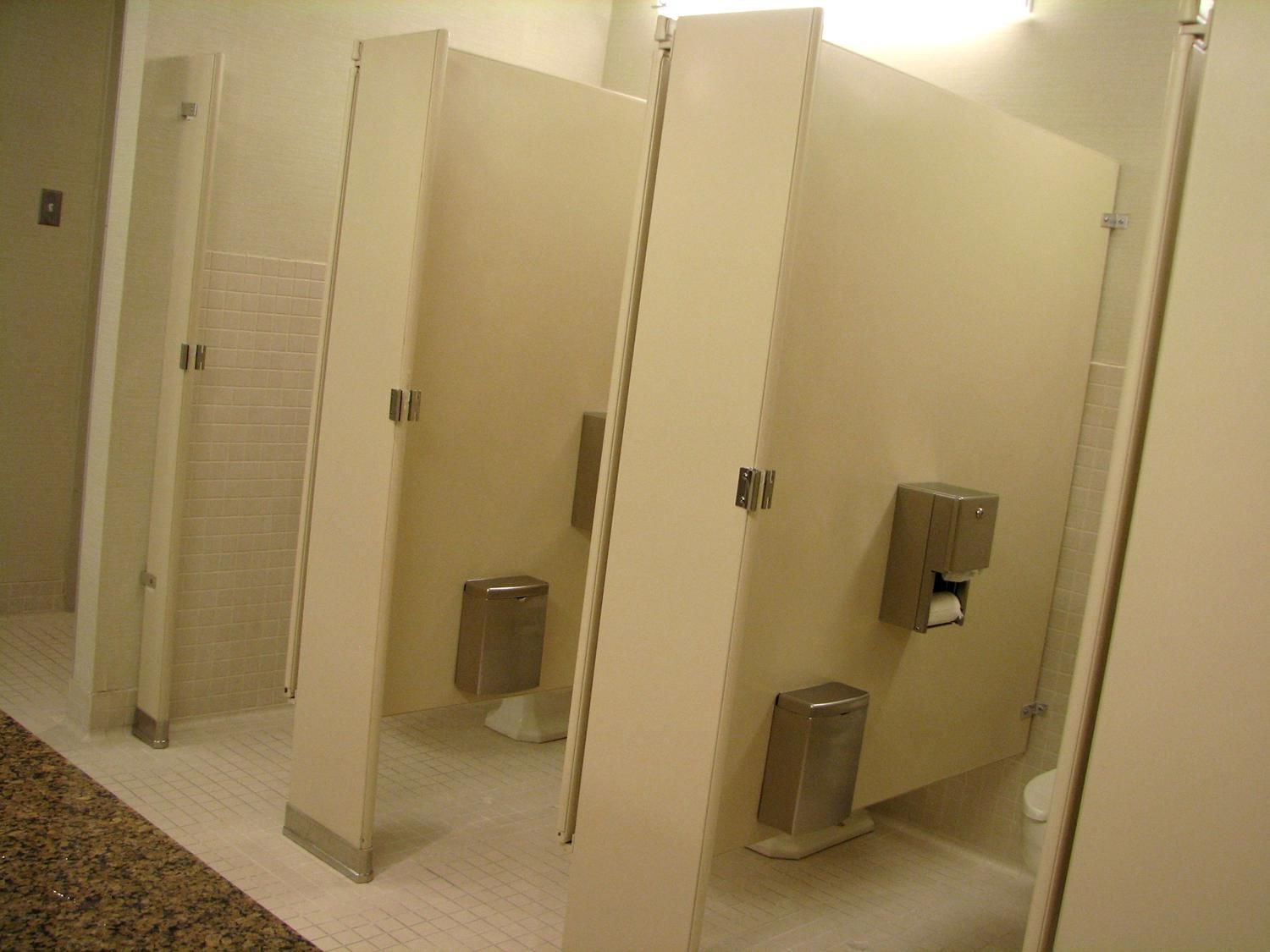*By Jacqueline Corba* San Francisco dealt a blow to the relative "giants" in the burgeoning scooter business, choosing instead two start-ups for its pilot program in dockless rentals. Scoot Global and Skip will be allowed to put up to a combined 1,250 vehicles on the streets within six weeks, as the city re-opens itself to the mode of transportation that's sparked so much controversy. While many hailed the benefits of scooters ー convenience, eco-friendliness ー San Fran's municipal government in June temporarily banned their use after a slew of complaints that riders were speeding down sidewalks or parking them inappropriately. Officials called for companies to apply for permits to operate legally. Twelve players, among them Bird and Lime ー both with billion-dollar-plus valuations, entered for the five positions that were up for grabs. But in making its decision [the MTA said](https://www.sfmta.com/press-releases/powered-scooter-pilot-program), "no other applications substantially exceeded the agency's standards" to the extent of Scoot and Skip. Bird responded to Thursday's decision saying, "Over the past several weeks, SF residents have sent nearly 30,000 emails to city officials expressing their desire to have access to Bird. While we are disappointed with today’s decision, we hope to have the opportunity to meet the needs of SF residents and to help the city achieve its transportation goals following this initial test period." Lime CEO Toby Sun was a little more harsh in his response: "San Franciscans deserve an equitable and transparent process when it comes to transportation and mobility. Instead, the SFMTA has selected inexperienced scooter operators that plan to learn on the job, at the expense of the public good." While San Fran apparently took issue with bigger companies' perceived "act first, ask for permission later" strategy, Spin, another start-up rejected by the MTA, maintained that it played by the agency's rules. "We regret that SFMTA chose not to distinguish between companies that have always worked in good faith with the City and those that did not," Spin said in a statement to Cheddar. "We hope SFMTA will consider allowing additional operators to participate in the pilot program." Still, it wasn't all bad news for Bird and Lime. They, along with Lyft and Uber-owned Jump, were selected Thursday for Santa Monica's shared mobility pilot program, which starts September 17. Each of the four companies will be allowed 750 vehicles each, bringing a total of 1,000 e-bikes and 2,000 e-scooters to the southern California city. Bird CEO and founder Travis VanderZanden told Cheddar, "We have a shared mission of reducing congestion and emissions," adding that the company is committed to partnering with the city. A Lime spokesperson said, “We are grateful for Santa Monica’s transparent process and collaborative approach.” The conciliatory statements, though, belie some of the heated emotions that have surrounded the two scooter companies, as well as other brands, in cities up and down the West Coast this summer. While riders seem to love the flexibility and the costs of the electric scooters, lawmakers have worried about safety issues and some [members of the public have complained](https://cheddar.com/videos/scooter-craze-comes-to-venice-beach) that the dockless vehicles can be parked anywhere.












